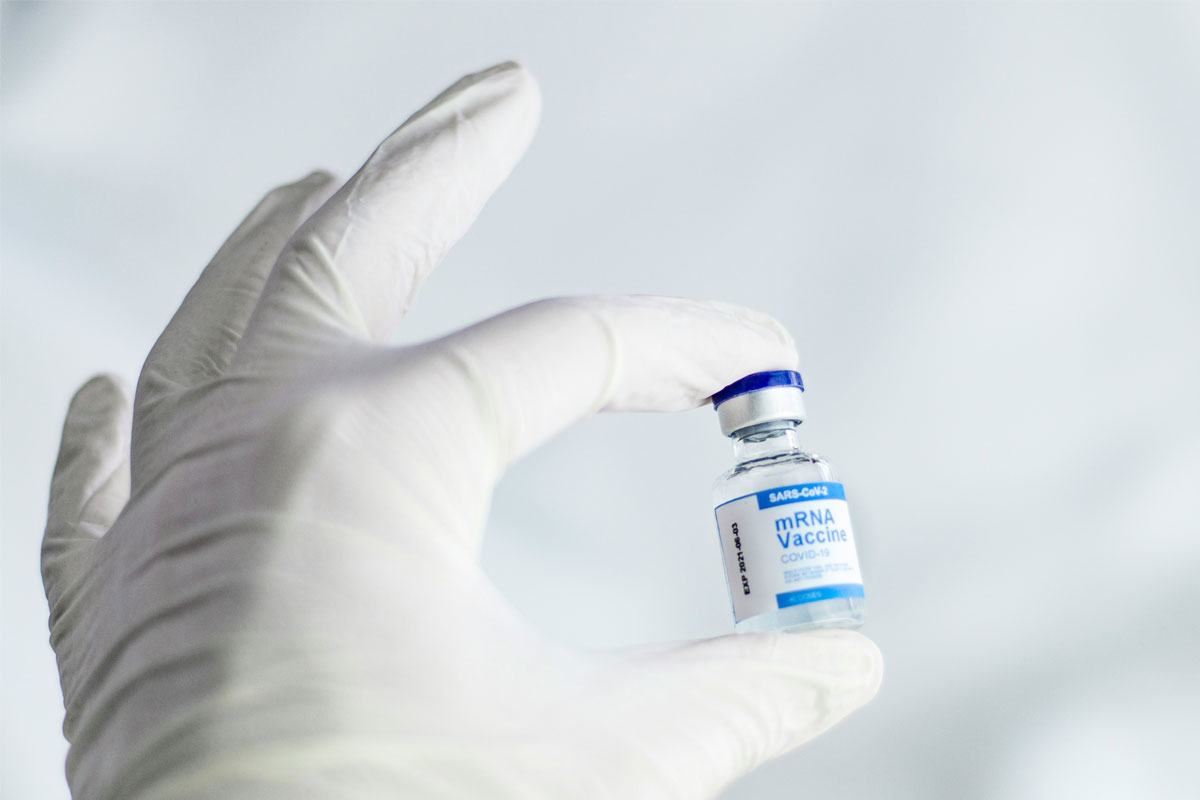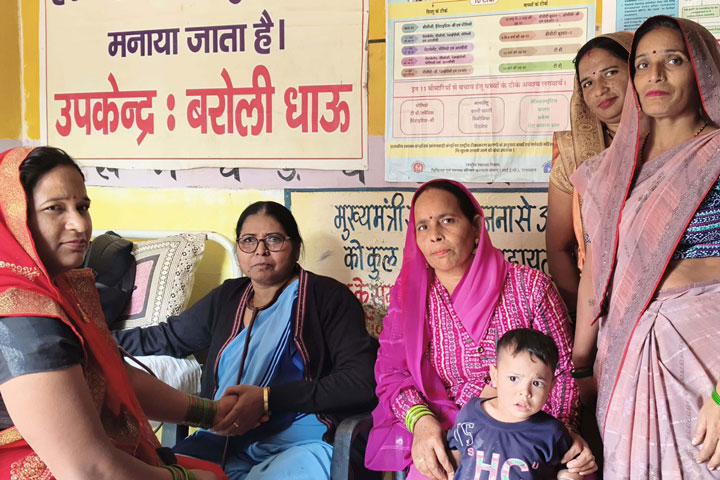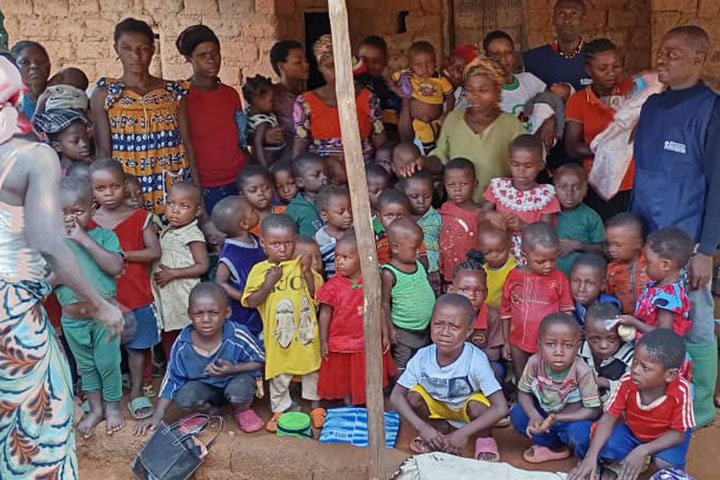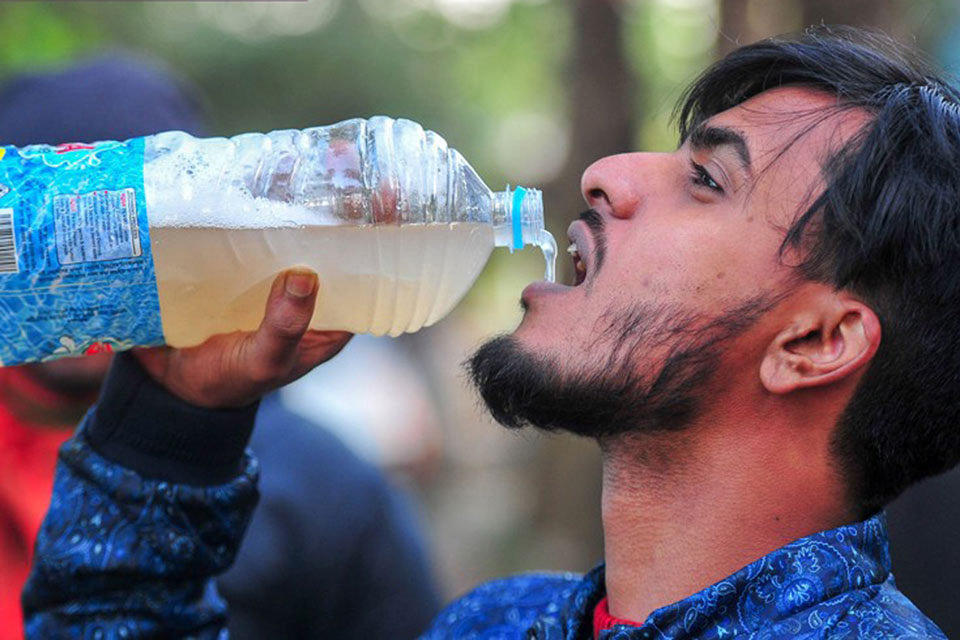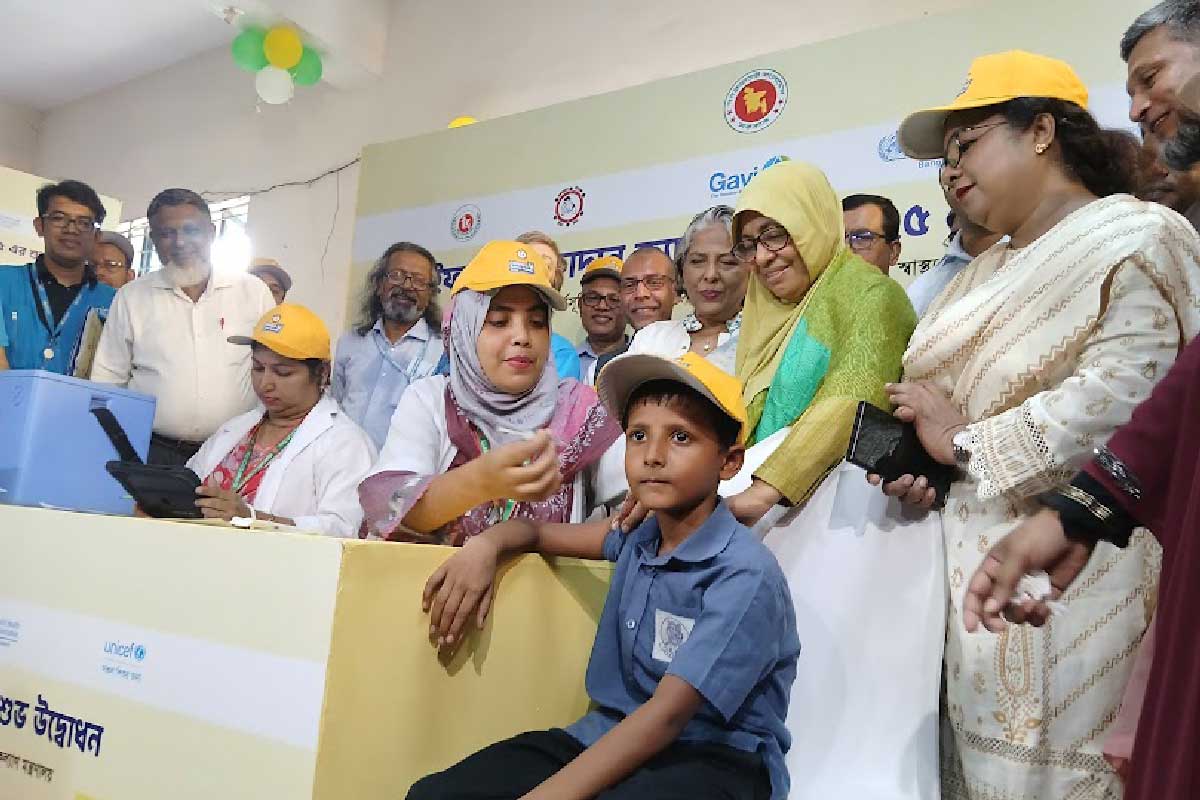Stopping an Outbreak in Its Tracks: Polio Response in Mozambique
CDC assists rapid response to a wild poliovirus outbreak in Mozambique.
- 14 September 2023
- 5 min read
- by US Centres for Disease Control (CDC)
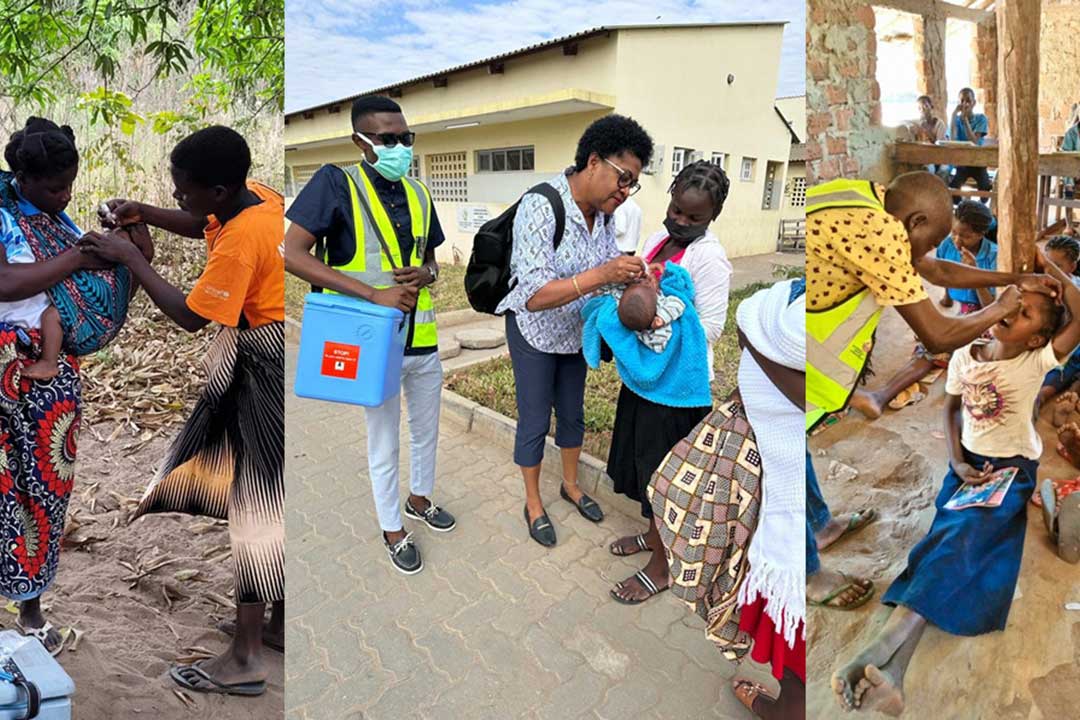
The year 2022 began the way Jolene Nakao, MD, MPH expected it to be – busy.
As the senior advisor for public health response in CDC's country office in Mozambique, she was supporting the country to respond to the ongoing COVID-19 pandemic and continued attention to HIV across the country. Along with those challenges (and – later in the year – an outbreak of cholera), Mozambique had a humanitarian crisis in the north, as well as the annual occurrence of tropical storms.
"Our colleagues in the health sector are responding continuously to a variety of health implications of disasters and outbreaks themselves," she said.
Under those hectic conditions, another threat emerged – polio.
The Return of Wild Polio – An Outbreak Among Outbreaks
The region of Southeastern Africa had not seen a case of wild polio since the 1990s, and Africa was declared free of wild polio in 2020.
However, in February 2022, health workers detected a case of paralysis from wild polio in Malawi, which shares a border with Mozambique. The detection of the disease in Malawi put countries in the region on alert for polio. Ultimately, eight cases were confirmed in Mozambique as a result of the wild poliovirus outbreak – and Mozambique was later discovered to be the epicenter of that outbreak.
In addition Mozambique was also experiencing the spread of poliovirus variants, which occur when not enough people are immune to polio. In fact, 33 cases of paralysis resulted from two poliovirus variants in Mozambique in 2022.
To keep polio from spreading further and causing additional cases of paralysis, more than 6 million children needed to receive multiple doses of polio vaccines in Mozambique. Furthermore, local health workers needed training (preferably in Mozambique's official language, Portuguese) on how to spot polio and what to do from there.
Nakao needed backup (and fast).
Mounting a Rapid and Tailored Response
Fortunately, CDC's Global Immunization Division (GID) could help. Leading CDC's response to the wild polio outbreak in Africa, medical officer Elizabeth
"Liz" Davlantes, MD coordinated:
- A total of 24 deployments of Portuguese-speaking CDC staff to Mozambique (an unprecedented response, given the relatively small number of Portuguese speakers across the agency)
- Technical assistance on polio to both deployers and health workers in the country
- Engagement with partners of the Global Polio Eradication Initiative (GPEI) in organizing and supervising six rounds of mass polio vaccination campaigns for Mozambican children in 2022 alone
- Assistance to local health partners – who worked mostly on other diseases – in spotting cases of polio (known as "surveillance")
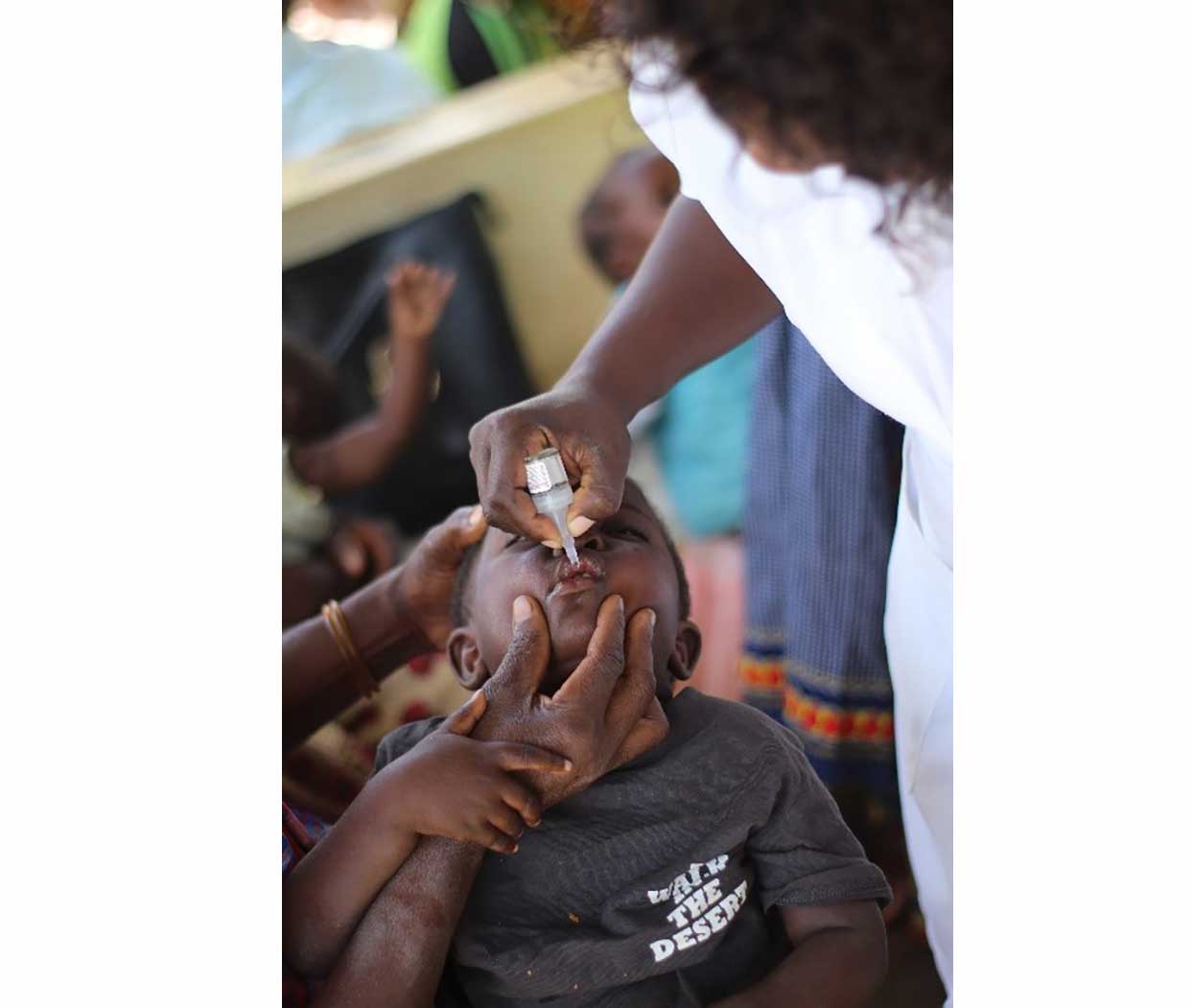
Credit: ©UNICEF/UN0632379/Lemos
"Local partners are eyes on the ground," said Nakao. "What is surveillance? It's just detection of potential cases of polio. What does that look like? A child who was walking yesterday and is not walking today."
CDC deployers brought unique skills to the response, including expertise in detecting poliovirus in wastewater (known as "environmental surveillance"). However, a key challenge for the polio response in Mozambique was how long the deployed staff could remain in the country. Typically, CDC emergency deployments last about a month – in this case, just long enough for staff to learn the nuances of the outbreak and the country context.
Have you read?
Davlantes addressed this challenge, deploying some CDC staff multiple times to ensure continuity and hiring local Mozambican public health professionals for longer-term contracts.
"These contractors are serving as polio technical specialists, funded by CDC, who are providing continuous technical assistance to our national- and provincial-level health counterparts as they continue to try to maintain and further strengthen polio surveillance in the provinces," explained Nakao.
In addition to polio surveillance, the contractors are assisting with additional rounds of the polio vaccination campaign, as well as collaborating with local partners to spread the message about the risk of polio and the importance of vaccinating children to prevent paralysis.
Lasting Benefits
These efforts to stop polio have made 2023 a much less eventful polio year for Mozambique.
Thanks in part to CDC, the spread of wild poliovirus in Southeastern Africa has stopped, allowing Africa's "wild polio-free" status to remain in place. The spread of poliovirus variants in the country has also slowed significantly.
Beyond stopping the outbreak, CDC provided additional benefits to the country, as well as to CDC's polio eradication effort overall. Lasting benefits included:
-
Newly Developed Expertise in Mozambique: After working with staff of the GID and GPEI partners, Mozambique-based staff now have the knowledge and tools to fight polio – including how to leverage their existing resources and relationships to respond to an outbreak.
-
Newly Developed Expertise at CDC: Since Portuguese-speaking deployers came from different parts of CDC, those staff now have invaluable experience with polio eradication techniques like surveillance strengthening and vaccine campaign oversight. CDC's polio program can leverage this newly developed expertise to fight future outbreaks in Portuguese-speaking countries.
-
Renewed Attention to Other Health Priorities: With so many people coming into the country or being trained in the country to respond to polio, CDC's country office in Mozambique could continue its focus on other pressing health priorities like cholera, COVID-19, and HIV.
-
Enhanced CDC Readiness: The wide presence of deployers throughout the country – and the length of time they were able to spend there – provided critical insights into the specific challenges facing Mozambique, which will inform future responses to multiple health threats.
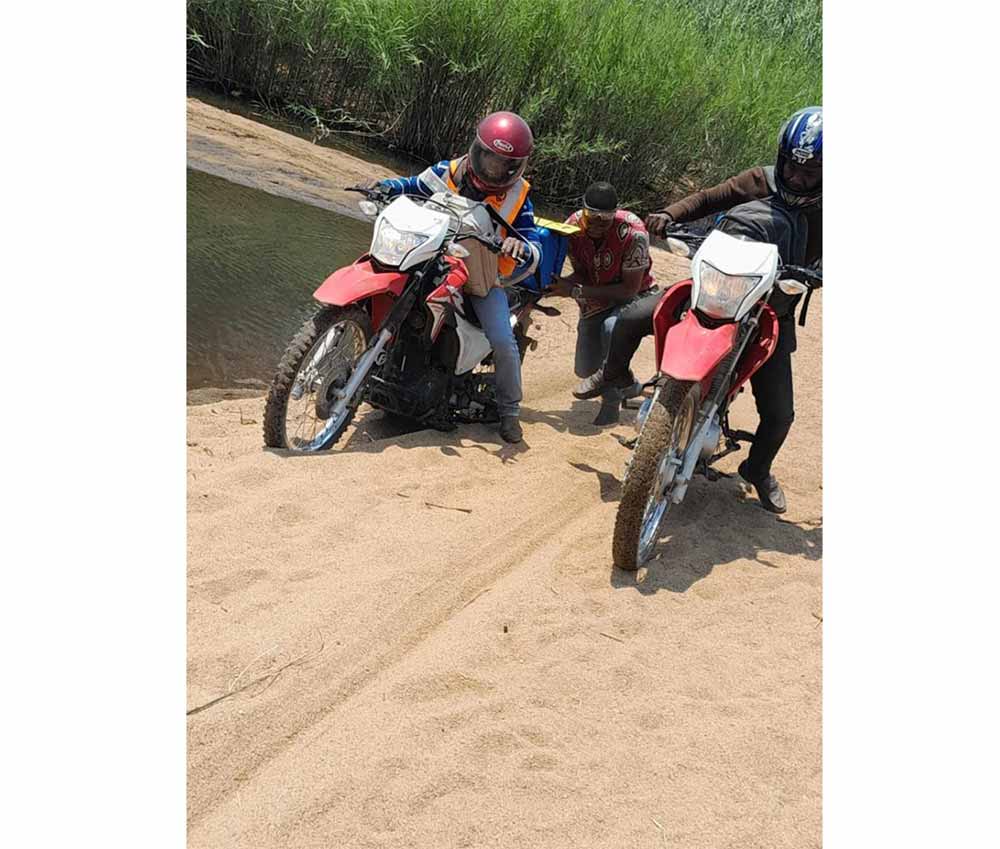
Credit: Luciana Flannery/CDC
Lessons Learned
The experience in Mozambique helped draw CDC's attention to some of the broader immunization challenges in the country – and GID has since designated it one of its priority countries. As such, Mozambique will receive additional immunization support, which will help not only the response to polio, but also to other vaccine-preventable diseases.
As the experience in Mozambique demonstrates, polio outbreaks demand a rapid response – with as many responders as possible – to keep the disease from emerging again.
"This is a preventable disease," said Nakao. "We have known methods to prevent what could be a very debilitating illness, the repercussions of which can have lifelong implications for oftentimes somebody very young with a bright future ahead of them."
Continued vigilance and vaccination are necessary to prevent future cases of paralysis in Mozambique – and to allow health workers in the country to focus on its many other health priorities.
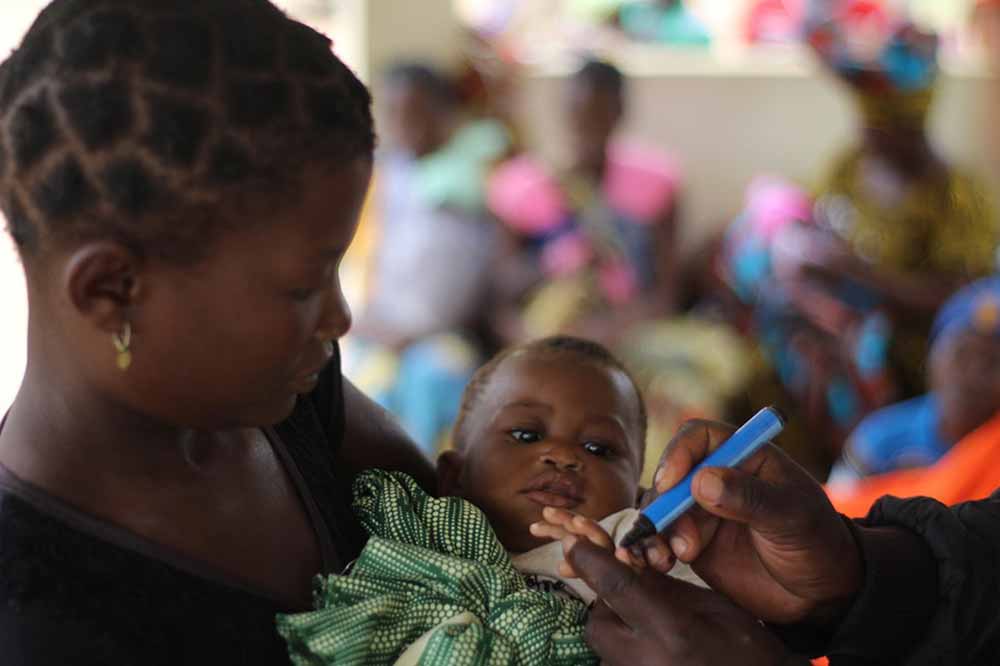
Credit: ©UNICEF/UN0632380/Lemos
Website
This article was originally published by the US Centres for Disease Control (CDC) on 5 September 2023.
